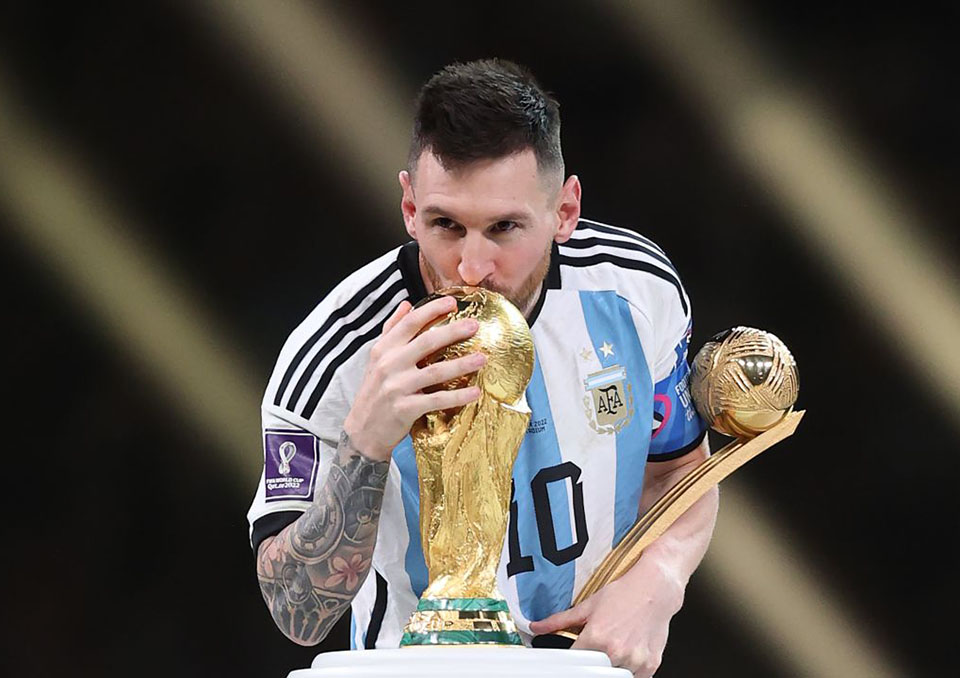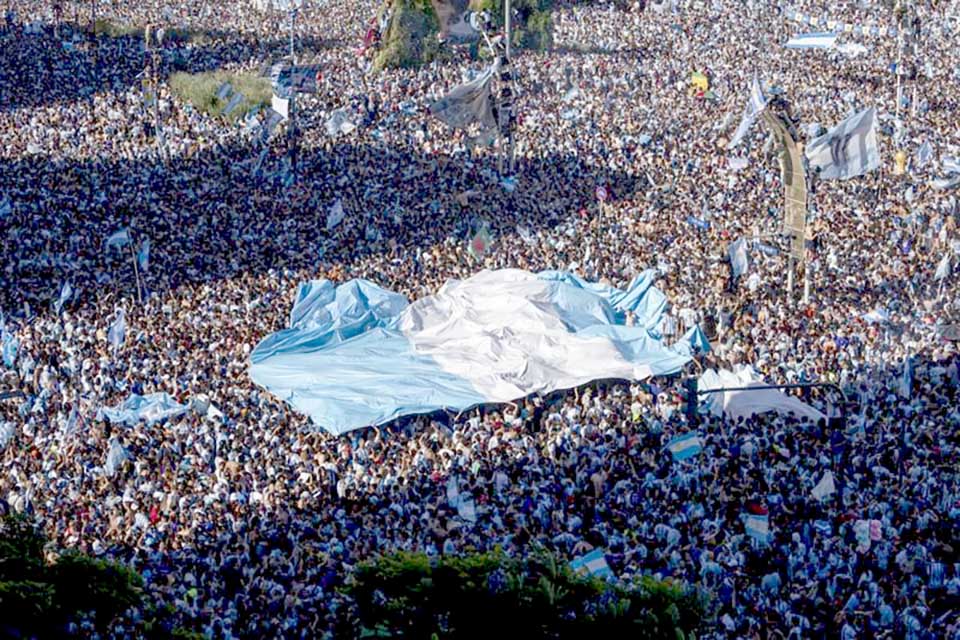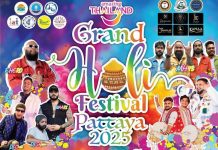
This was always going to be a FIFA World Cup like no other.
The first to be hosted in the Middle East, the first to be played in November and December, and the first of its size to be held in such a small geographical area, Qatar 2022 offered a fresh twist on this old and much-loved festival of football.
But while the treading of so much new ground came with opportunities – the novel prospect of attending multiple World Cup matches in a single day, for example – the risks were clear and undeniable.
Gianni Infantino admitted as much earlier this week, when he confessed to pre-tournament concerns “about having so many fans from so many countries, at the same time, in the same place”.
“In a normal World Cup, you have in one city fans of two countries, not more,” added the FIFA President. “Here, you have 32 countries plus all [the] other fans from the world who come to enjoy the World Cup together in the same place.”
Given that the place in question has a population of less than 2.9 million and its stadiums are all within a 35-mile radius, questions naturally arose about how Qatar and its infrastructure would cope with such a mass invasion. Others wondered how the on-field fare would be impacted by the tournament taking place in the middle of most players’ domestic seasons, with reduced preparation time an inevitable consequence.
One by one, of course, those doubts were swept away by a tidal wave of fantastic football, flawless organization and friendly, passionate atmospheres on the streets and in the stadiums.

Jurgen Klinsmann this week described it as “a World Cup organized to perfection”, while Infantino has been far from alone in declaring Qatar 2022 to be, quite simply, “the best ever”.
The same description is, of course, being applied increasingly widely to the tournament’s star man. Lionel Messi was already a leading contender for ‘GOAT’ status but his claims to that title have been further fortified by a truly magnificent month in Qatar.
In the highest-scoring World Cup of all time, it was goals from Argentina’s captain that did most to determine the direction of the title. And not even La Albiceleste’s fiercest rivals could begrudge this wonderful player his well-deserved moment with the prize he has so long coveted.
Medalists
Champions: Argentina Runners-up: France Third place: Croatia
Award winners
adidas Golden Ball: Lionel Messi (ARG) adidas Golden Boot: Kylian Mbappe (FRA) adidas Golden Glove: Emiliano Martinez (ARG) Best Young Player: Enzo Fernandez (ARG)
Argentina won three World Cups: in 1978, 1986 and 2022. Argentina have also been runners up three times: in 1930, 1990 and 2014. In 18 World Cup tournaments, Argentina have 47 victories in 88 matches. The team was present in all but four of the World Cups, being behind only Brazil and Germany in number of appearances. (FIFA)
 |
 |
 |





